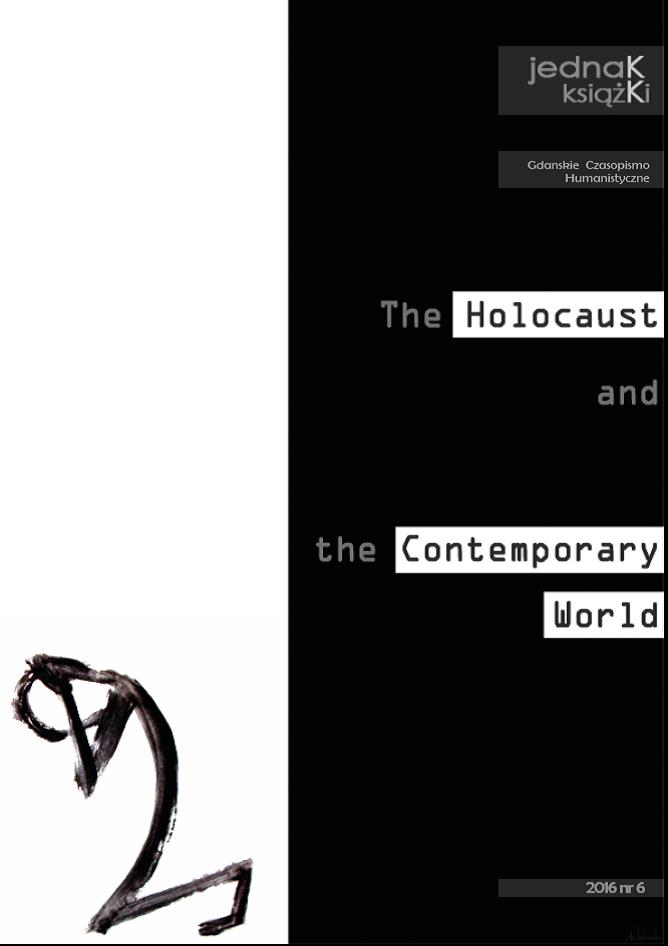The Nuclear Holocaust: Sylvia Plath as a Mother Poet
Słowa kluczowe:
Sylvia Plath, Nuclear Holocaust, Cold WarAbstrakt
Sylvia Plath is a kind of poet whose personal experience enlarges to the larger historical one. We can find it in her invocation of historical tragedies such as the Holocaust and Hiroshima. Plath uses these tragedies to reveal her anxieties under the pressure of the Cold War. In this paper, I write about her reference to the Holocaust in light of the specter of nuclear war. Plath produced a variety of poems in the last quarter of 1962. In October especially, in the month of the Cuban Missile Crisis which occurred at the height of the Cold War, she created 25 poems, which were later called the “October Poems”. It seems that her dominated anxieties triggered her to write a host of poems. This time I focus on Plath’s mother-child related poems. Her anxieties about the effects of nuclear bombs were directly connected to her children.
Downloads
Bibliografia
Bassnett-McGuire Susan. 1987. Sylvia Plath. London: Macmillan.
Bayley Sally. 2006. “<<I have your head on my wall>>: Sylvia Plath and the Rhetoric of Cold War America.” European Journal of American Culture 25 (3): 155-171.
Bayley Sally and Brain Tracy, eds. 2011. Representing Sylvia Plath. Cambridge: Cambridge University Press.
Brennan Claire, ed. 2000. The Poetry of Sylvia Plath: A Reader’s Guide to Essential Criticism. Cambridge: Icon Books.
Britzolakis Christina. 1999. Sylvia Plath and the Theatre of Mourning. Oxford: Clarendon Press.
Bundtzen Linda K. 1991. Plath’s Incarnations: Woman and the Creative Process. Ann Arbor: The University of Michigan Press.
Hughes Ted. 1970. Notes on the Chronological Order of Sylvia Plath’s Poems, 187-195. In: The Art of Sylvia Plath: A Symposium. London: Faber.
Gill Jo. 2006. The Cambridge Companion to Sylvia Plath. Cambridge: Cambridge University Press.
Hungerford Amy. 2003. The Holocaust of Texts: Genocide, Literature, and Personification. Chicago/London: The University of Chicago Press.
Kendall Tim. 2001. Sylvia Plath: A Critical Study. London: Faber.
Newman Charles, ed. 1970. The Art of Sylvia Plath. Bloomington/ London: Indiana University Press.
Oates Joyce Carol. 1973. “The Death Throes of Romanticism: The Poetry of Sylvia Plath.” Southern Review 9: 501-22.
Orr Peter. 1966. The Poet Speaks: Interviews with Contemporary Poets Conducted by Hilary Morrish, Peter Orr, John Press, and Ian Scott-Kilvery. London: Routledge.
Peel Robin. 2002. Writing Back: Sylvia Plath and Cold War Politics. Madison NJ: Fairleigh Dickinson University Press.
Plath Sylvia. 1976. Letters Home: Correspondence 1950-1963. London: Faber.
Plath Sylvia. 1977. Johnny Panic and the Bible of Dreams and Other Prose Writings. London: Faber.
Plath Sylvia. 1981. Collected Poems. New York: Harper & Row.
Plath Sylvia. 2000. The Unabridged Journals of Sylvia Plath. New York: Anchor.
Plath Sylvia. 2004. Ariel. London: Faber.
Rabuzzi Kathryn Allen. 1988. Motherself: A Mythic Analysis of Motherhood. Bloomington/ Indianapolis: Indiana University Press.
Rose Jacqueline. 1991. The Haunting of Sylvia Plath, London: Virago Press.

 Uniwersyteckie Czasopisma Naukowe
Uniwersyteckie Czasopisma Naukowe




